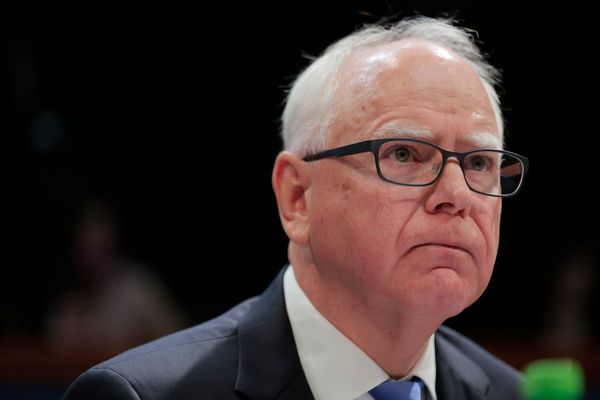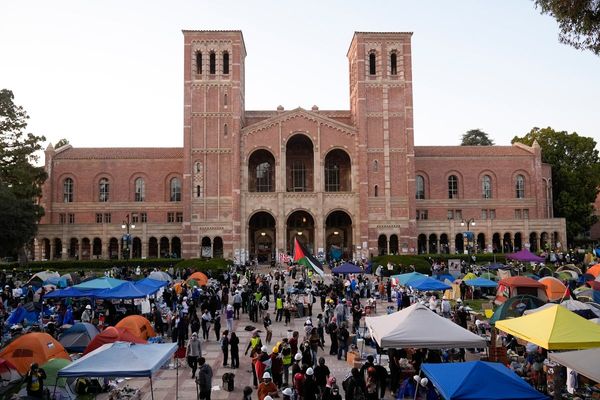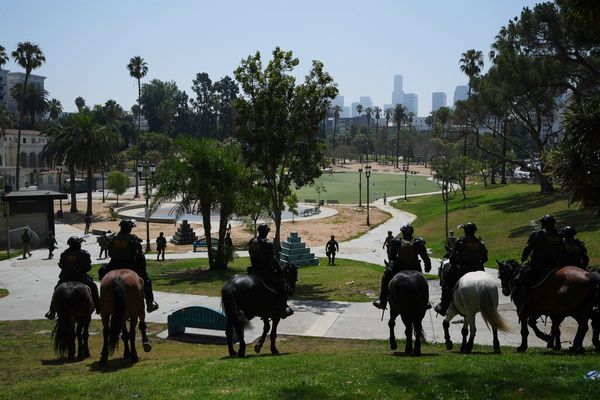BRENDAN RODGERS and Celtic, it could be argued, are stuck somewhere between a rock and a hard place.
By accepting the Celtic manager’s job for the second time, Rodgers cannot say he didn’t know he was also accepting the limitations that come with the post. And those financial limitations in the transfer market are what has the club existing in a space where the team is too good for domestic opponents, but not quite good enough to really compete at the top level on the continent.
It could certainly be argued though that Celtic could have done more in the summer window to just add a little bit more quality that would have given their manager and their team more of a fighting chance. And that is a theme Rodgers himself has returned to over the weeks since the summer window was drawing to a close.
When he references ‘quality’, Rodgers doesn’t mean the addition of a £20m player, even though the club’s record annual profit of £40.7m – announced on the day they lost 2-0 to Feyenoord to draw the lack of a hefty outlay on a game-changing individual into stark focus – would allow for it.
But it could certainly be argued that the type of fee that brought in the likes of Cameron Carter-Vickers and Jota, both inarguable successes at the club, might have helped their cause on Tuesday evening. Particularly as both were absent, Jota having long since left for Saudi Arabia and Carter-Vickers being on the treatment table.
As it was, some of Celtic’s transfer trademark project players had to be flung in, and two of them in Gustaf Lagerbielke and Odin Thiago Holm exhibited their rawness by picking up needless red cards, leaving their teammates in the trenches.
Where that leaves Rodgers – until the winter window at least – is working away with what he has. He has simply to hope that his goal of European football beyond Christmas is still a live prospect by then.
“You know the strategy here,” Rodgers said. “All of you guys have seen it.
“That is the strategy. You are bringing in young players, you are developing them and getting them to a level. Part of that learning is domestic and European in which they will make mistakes.
“Probably sadly, a little bit, is when they get to that level where they have matured and experienced then you lose them.
“It is what it is. You know when you are bringing in young players that that is a part of the dance really – that they are going to make mistakes. It’s something that hopefully with experience they can get better and improve.
“It doesn’t undermine what we’re trying to do, it’s just the nature of where it’s at. Listen, you can have a group of really young players - it’s just about the level.
“I think Red Bull Salzburg went to Benfica and won 2-0 with a lot of young players - top young players. So that’s what we can aspire to, making improvements and maximising the players that we have and just getting better. That will be the difference IF the model is to bring them in young.
“But, listen, experienced players can make mistakes as well. But it’s one where, with young players, they have to go through that learning curve.”
When Rodgers references his experienced players making mistakes, the obvious next point of enquiry is around goalkeeper Joe Hart, who was hugely culpable for Feyenoord’s critical opening goal during the week. And if he retains the faith of his manager.
“He’s a very experienced goalkeeper, and we know we shouldn’t concede at that moment,” he said.
“But I have no doubts about him. He’s a really honest guy and a really honest man.
“We were all disappointed [to lose that goal], having worked so hard against a team of that level. Part of the game plan was to ensure that, in the first 20 minutes, we matched the intensity and matched their level. And we did that.
“From there you can grow into the game, especially away at a tough venue. We did that up until that point when they took the free kick. If Joe makes the save or they miss it, then for sure the whistle blows and you’re going in in a really good place at a really difficult venue.
“So that moment and then the next 15 minutes, when we lost a man, changed the course of the game.
“But Joe is a big honest guy and he’ll know as well as anyone, so we put it to the side and move on.”
As they do move on through the competition, Celtic will be emboldened, in Rodgers’ view, by many aspects of their performance in The Netherlands.
The way they performed in the opening hour can, he believes, convince his players they are able to hold their own amid such company, and they will be less likely to let events run away from them when facing adversity as a result.
“It’s just a level of belief,” he said. “That’s why I call the Champions League big belief games.
“You believe at home because you’re playing at the level, you know the level, and you’re dominant. You go into Europe, you are playing against a different level of player.
“One, when you go behind it’s not always as straightforward to get back into the game. And, two, the other teams normally find extra confidence because they’re at that level.
“That’s what pleased me the other night. We didn’t unravel. Mentally we weren’t broken, our spirit was there and we kept fighting. We were blocking and covering spaces with two men less. That’s a huge challenge.
“The one thing I want to see in my time here – no matter how the game is going, your spirit never, ever gets broken. Because in football you normally get another chance.
“Feyenoord came off the pitch the other night, they know they’ve won the game 2-0 against nine men, but they also know we’ll give them a problem the next time we play.
“When we went behind, we didn’t down tools. That’s a great thing to have in your make-up because the next time when you’ve got 11 players we’ll be there again.”







